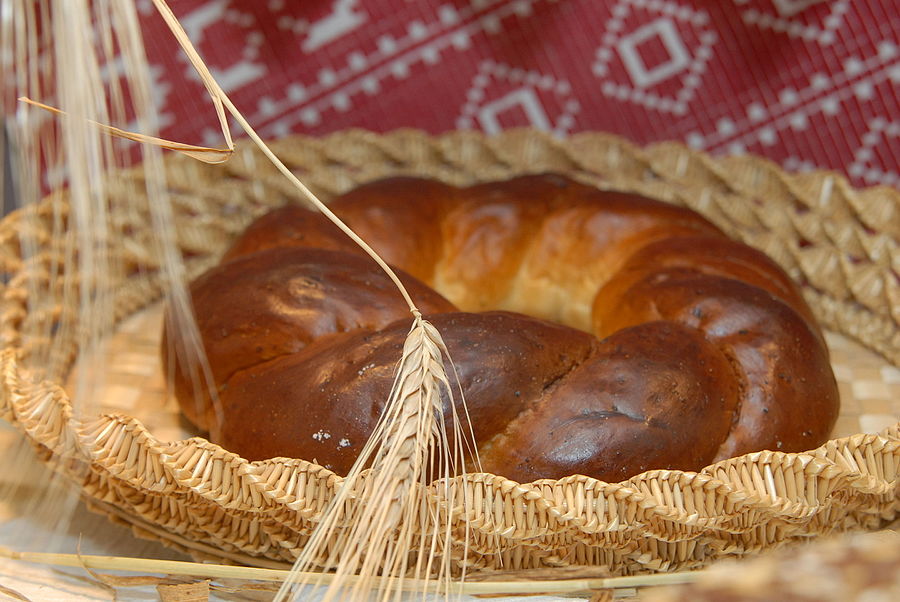Facts About Kalach
Kalach, known by various names such as kalács, kolach, kolač, or colac, is a cherished traditional bread in Eastern Europe, often featured in ceremonial meals. The term derives from the Old Slavonic word "kolo" meaning "circle" or "wheel."
In Hungary, kalács is a sweet bread akin to brioche and is particularly popular during Easter. Traditionally made with high-quality flour, it is now enriched with milk and eggs to enhance its delightful flavor.
In Romania, the braided bread known as colac is integral to special occasions such as Christmas, Easter, weddings, and funerals. In rural areas, it holds a special place during Christmas celebrations, where people sing "colinde" (traditional carols) while sharing colac and small gifts.
In Russia, kalach is a twisted white bread that was once deemed a luxurious treat. It often features a thinner part that serves as a "handle" which people would discard after consuming the main portion. The bakers who crafted these breads were called "kalachniks" and the surnames "Kalachnikov" or "Kalashnikov" originate from this trade.
In Ukraine, kolaches are either ring-shaped or oblong and made from wheat flour. They symbolize luck, prosperity, and good fortune. These breads are a central element of Svyat Vechir, the Holy Supper on Ukrainian Christmas Eve. Kolaches are also present at funerals, where they are blessed in church and served with fresh fruit, symbolizing the good deeds of the deceased. In some regions, they are used in fertility blessings or given as gifts in ceremonies called "kolachyny" or "kolachannya."

 Hungary
Hungary